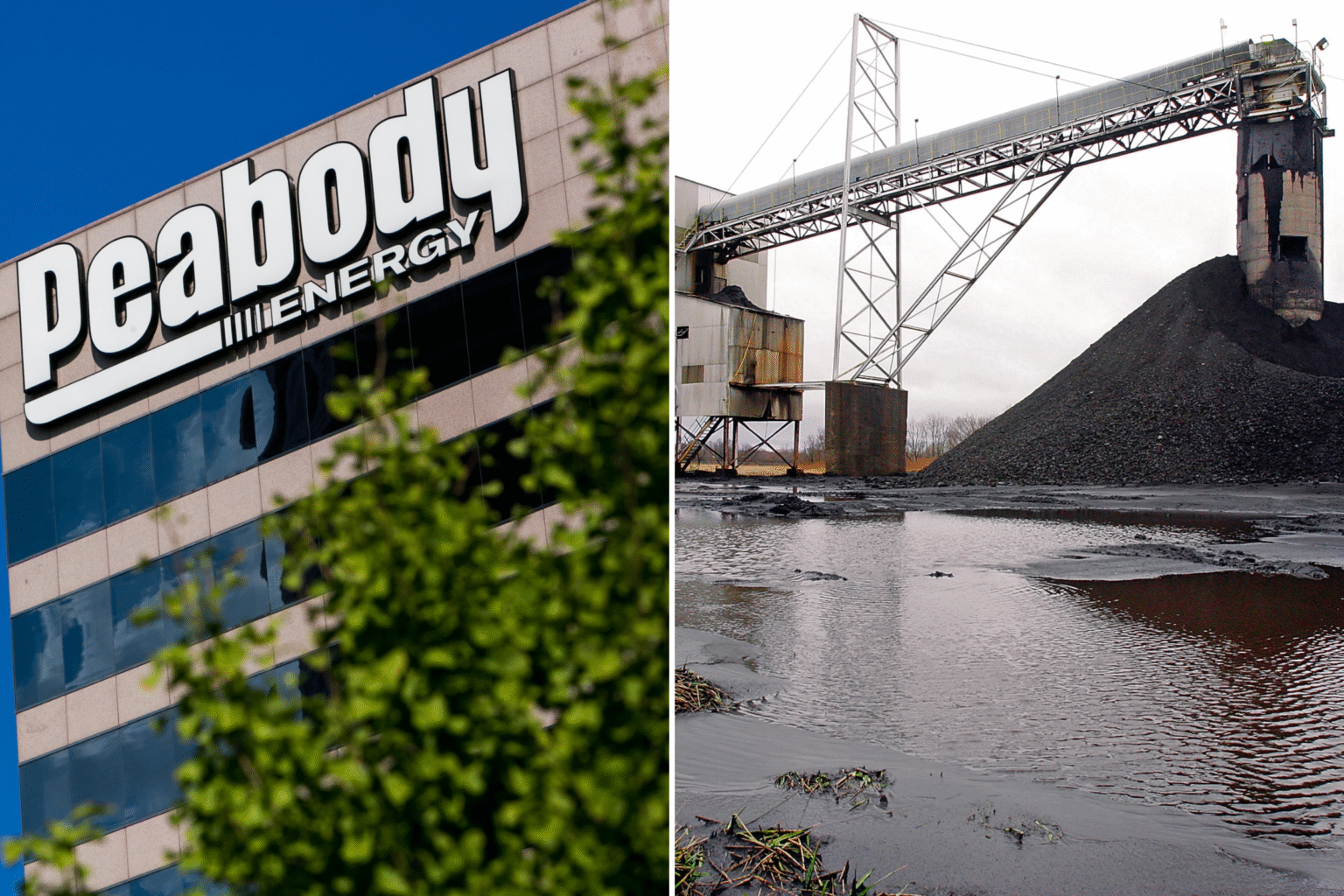A major U.S. mining company has applied to extend and expand its operation in Sydney, Australia, despite being fined hundreds of thousands of dollars for offences relating to water pollution, according to local news.
Peabody Energy, which is headquartered in St Louis, Missouri, with mines in multiple states across the U.S, wants to continue operations in Helensburgh while implementing two additional longwalls, a method of underground coal mining, which has sparked concern among environmental specialists, said news.com.au.
Because its operations leaked coal contaminants into a nearby creek, the coal mining giant’s subsidiary Metropolitan Collieries was previously fined of $327,700 by the New South Wales Environmental Protection Agency (NSW EPA).
A Peabody spokesperson told Newsweek the company was “seeking a two-year extension of permitting for a mine that has been in operation for more than a century.”
Why It Matters
Coal mining can have major implications on public health, as well as on the environment, in a number of different ways. Exposed rocks and minerals can react and contaminate nearby water sources with heavy metals, and the waste and ash from mines can also leak and spill into waterways.
This means that there are a wide range of contaminants that could leak into drinking water systems, some of which can increase risks for certain cancers, heart disease and reproductive issues.
What To Know
Peabody Energy’s subsidiary Metropolitan Collieries has a license for underground mining at their Metropolitan Mine, located in the suburb of Helensburgh between Sydney and Wollongong, underneath the Woronora Reservoir.
The reservoir supplies drinking water to three suburbs in the region: Helensburgh, Sutherland Shire and Engadine.
Metropolitan Collieries’ NSW EPA fine related to 2022 offenses where coal-contaminated water overflowed into a tributary of the Hacking River, Camp Gully Creek, which flows through Australia’s oldest national park.
Despite the water pollution offences, a spokesperson for NSW EPA told Newsweek that Metropolitan Collieries’ license “remains in place.”
“The EPA undertook a detailed review of the license in 2022, and as part of that process several new and strengthened conditions were applied,” they said. “These include tighter requirements for water management, additional monitoring, and improved reporting to ensure greater protection for surrounding waterways.”
The spokesperson also said that Metropolitan Collieries’ license “has been varied on several occasions to address risks identified, including requirements for independent water quality audits, requiring works to address groundwater seepage, improved oversight of discharge points, and additional operational controls.”
Peabody Energy believes that the expansion of its mining will allow it to extract 2.8 million tons of coal from the area, according to news.com.au.
Long wall mining is known for its productivity and efficiency, extracting more coal and reducing the need for manual labor, increasing safety. It is one of the most favored methods of underground coal mining as a result.
However, despite its support among those in the coal mining industry, experts that spoke to news.com.au warned that the method can release a wide range of harmful contaminants into the riverbed which can go into pipelines and cause drinking water problems.
Barium, strontium, zinc, manganese and aluminum are some examples of the contaminants experts have cautioned could enter drinking water systems as a result of the expansion of Peabody Energy’s mining: some of which have reported affects on public health, such as potentially increasing risks of certain cancers.
What People Are Saying
A Peabody spokesperson told Newsweek: “Metropolitan Mine is more than 500 meters underground and uses some of Australia’s narrowest longwall paths to minimize subsidence impacts. Two independent scientific panels have confirmed there is no connective cracking to the surface as result of mining activities at Metropolitan Mine. Last year the operations contributed $73.5 million in wages, over $200 million in spending with local suppliers and provided a $324 million return for the New South Wales economy.”
What Happens Next
It is not yet clear whether Peabody Energy’s application to extend and expand its operations has been approved.
Read the full article here


